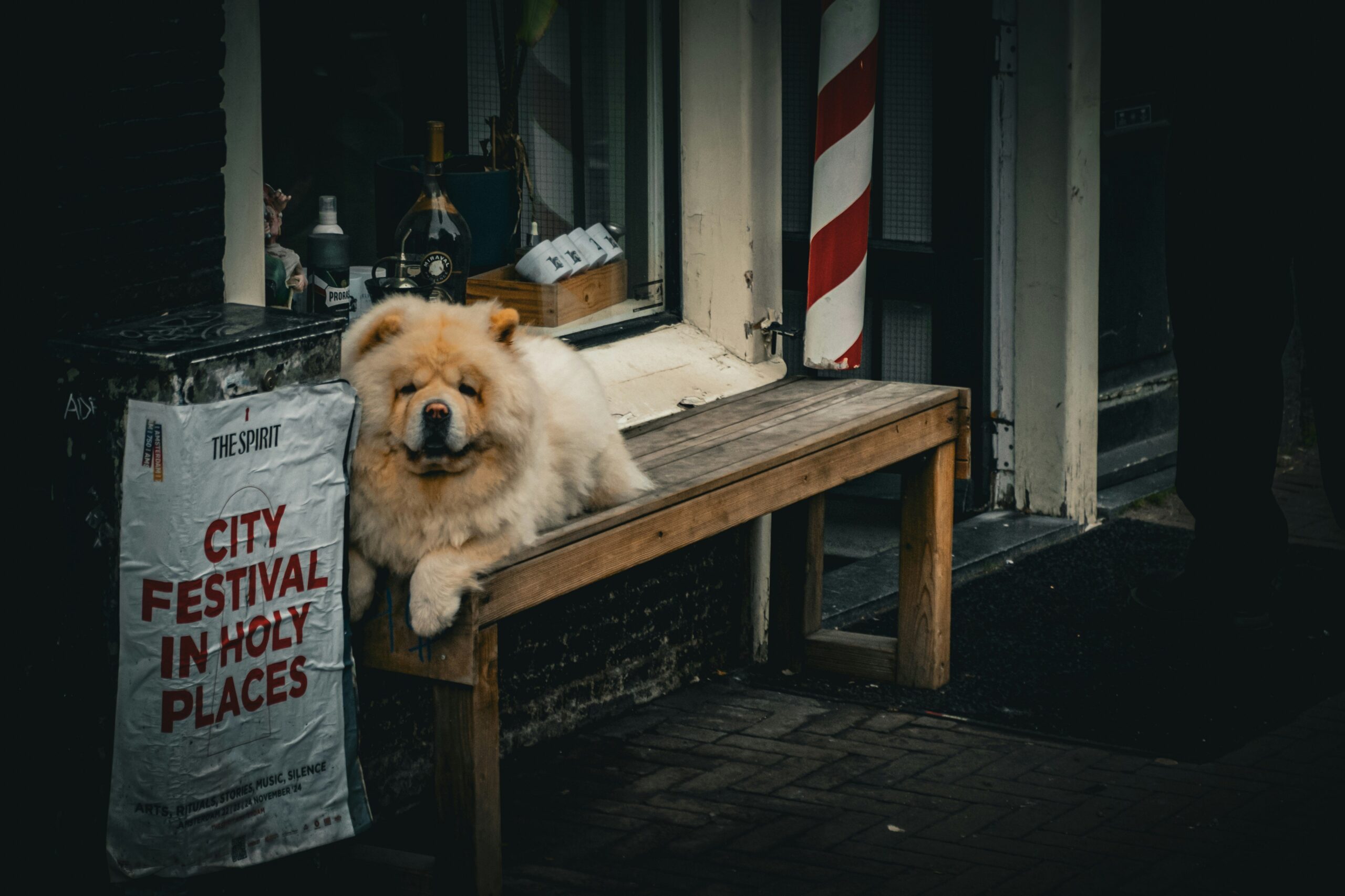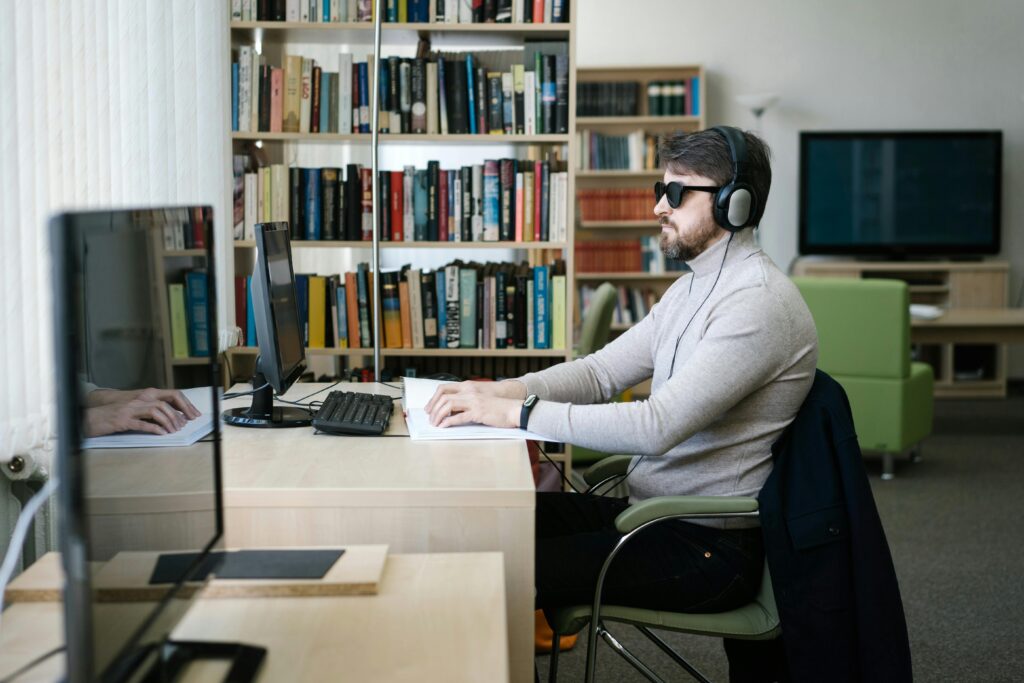Hook: Ever wondered what happens to guide dogs after years of loyal service? Did you know the average guide dog retires around 8–10 years old, and their post-retirement life needs just as much planning as their training?
Purpose: In this guide, we’ll explore everything you need to know about crafting a thoughtful and effective guide dog retirement plan.
Preview: From understanding their unique needs to step-by-step retirement planning, tips for smooth transitions, FAQs, and heartwarming examples—this comprehensive article covers it all.
Table of Contents
- Introduction
- Key Takeaways
- Why a Guide Dog Retirement Plan Matters
- How to Create an Effective Guide Dog Retirement Plan
- 5 Tips for Supporting Your Retired Guide Dog
- Real-Life Success Stories of Happy Retirements
- FAQs About Guide Dog Retirement Plans
- Conclusion
Key Takeaways
- A guide dog retirement plan ensures your companion lives comfortably in their golden years.
- Transitioning from active duty requires preparation for medical care, exercise routines, and mental stimulation.
- Dogs thrive best when retired environments mimic the structure they grew accustomed to during work-life.
- Regular vet check-ups and maintaining socialization are non-negotiables.
Why a Guide Dog Retirement Plan Matters
Confessional Fail: I once thought my guide dog could “retire” by simply chilling on the couch all day—big mistake. Turns out, he started gaining weight, getting restless, and even showing signs of anxiety!
Guide dogs aren’t just pets; they’re highly trained professionals who’ve dedicated nearly a decade to keeping us safe. But retirement isn’t a free-for-all vacation—it’s more like transitioning into semi-retirement with new routines and responsibilities.
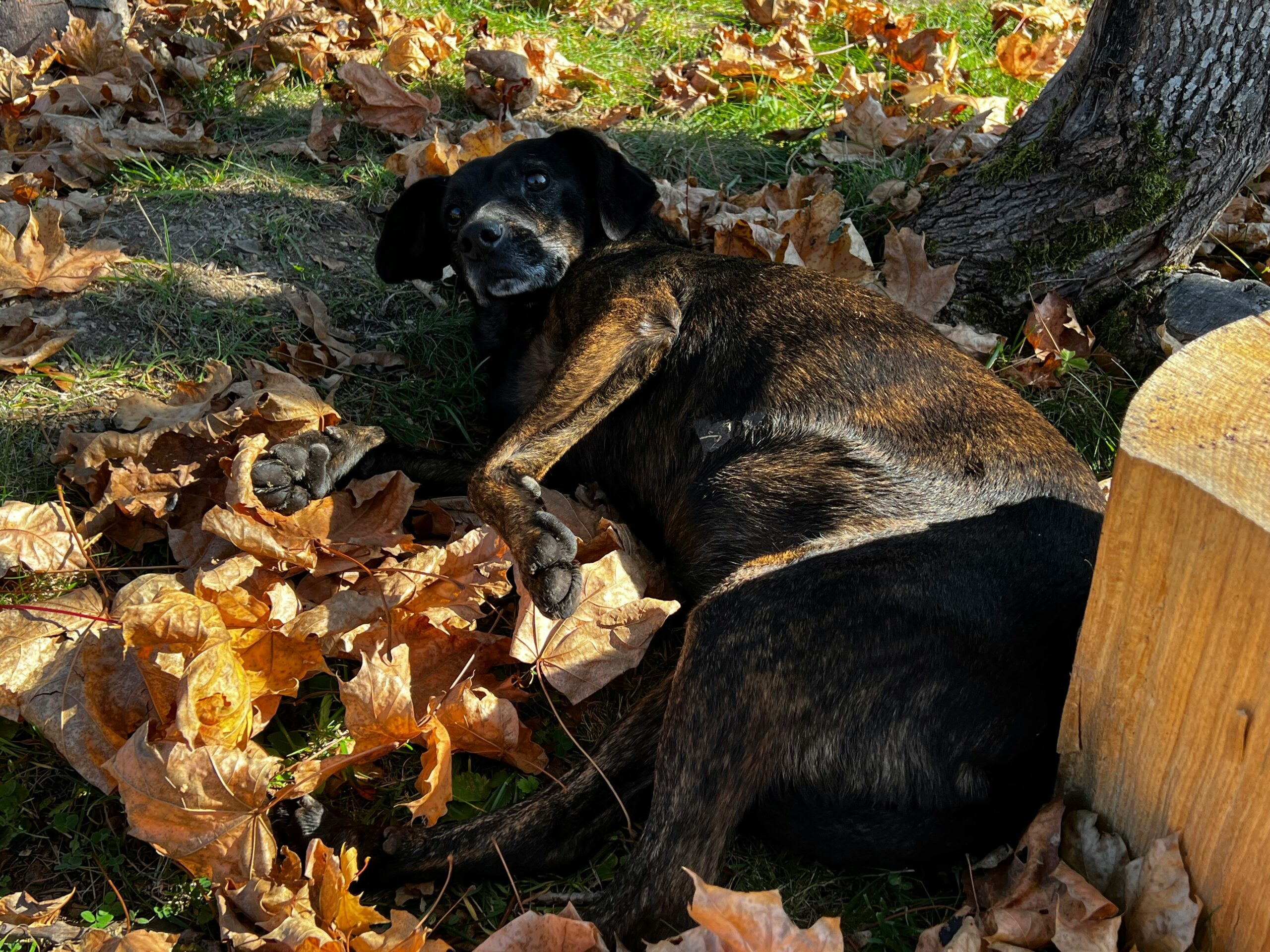
Rant Alert: Why do so many people overlook this? It’s like forgetting to water your plants after spending months nurturing them—just cruel!
How to Create an Effective Guide Dog Retirement Plan
Step 1: Consult Your Vet
“Optimist You: ‘Just book one appointment!’ Grumpy You: ‘Fine—but only if coffee’s involved.'”
Schedule regular check-ups to monitor health conditions common in older dogs, such as arthritis or vision problems.
Step 2: Adjust Their Exercise Routine
Gradually shift from long walks to short bursts of activity tailored to their energy levels.
Step 3: Provide Mental Stimulation
Engage them with toys, puzzles, or scent games to keep their minds sharp.
Step 4: Settle Them Into Comfort Zones
Designate cozy spaces where they feel secure but still included in family activities.
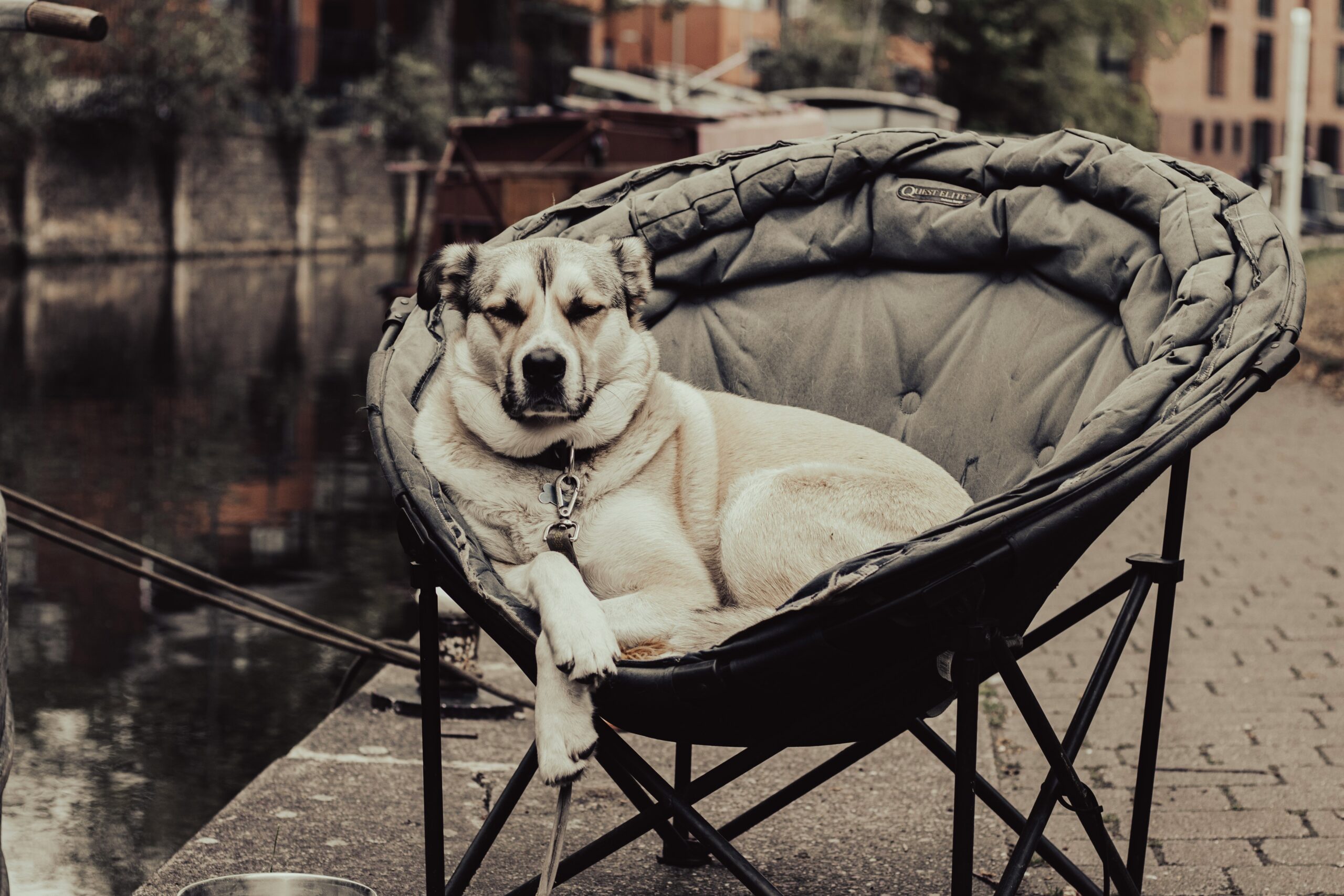
5 Tips for Supporting Your Retired Guide Dog
- Stick to familiar feeding schedules.
- Use orthopedic beds to support aging joints.
- Maintain consistent grooming habits.
- Incorporate calming scents like lavender for relaxation.
- Consider enrolling them in low-impact group classes to stay socialized.
Real-Life Success Stories of Happy Retirements
Case Study 1: Meet Max, a Golden Retriever who transitioned seamlessly thanks to his owner’s proactive approach. Daily massages and hydrotherapy kept him spry well into his teens.
Case Study 2: Lucy, a Labradoodle, found joy through interactive puzzle feeders that challenged her mentally while reducing her calorie intake.
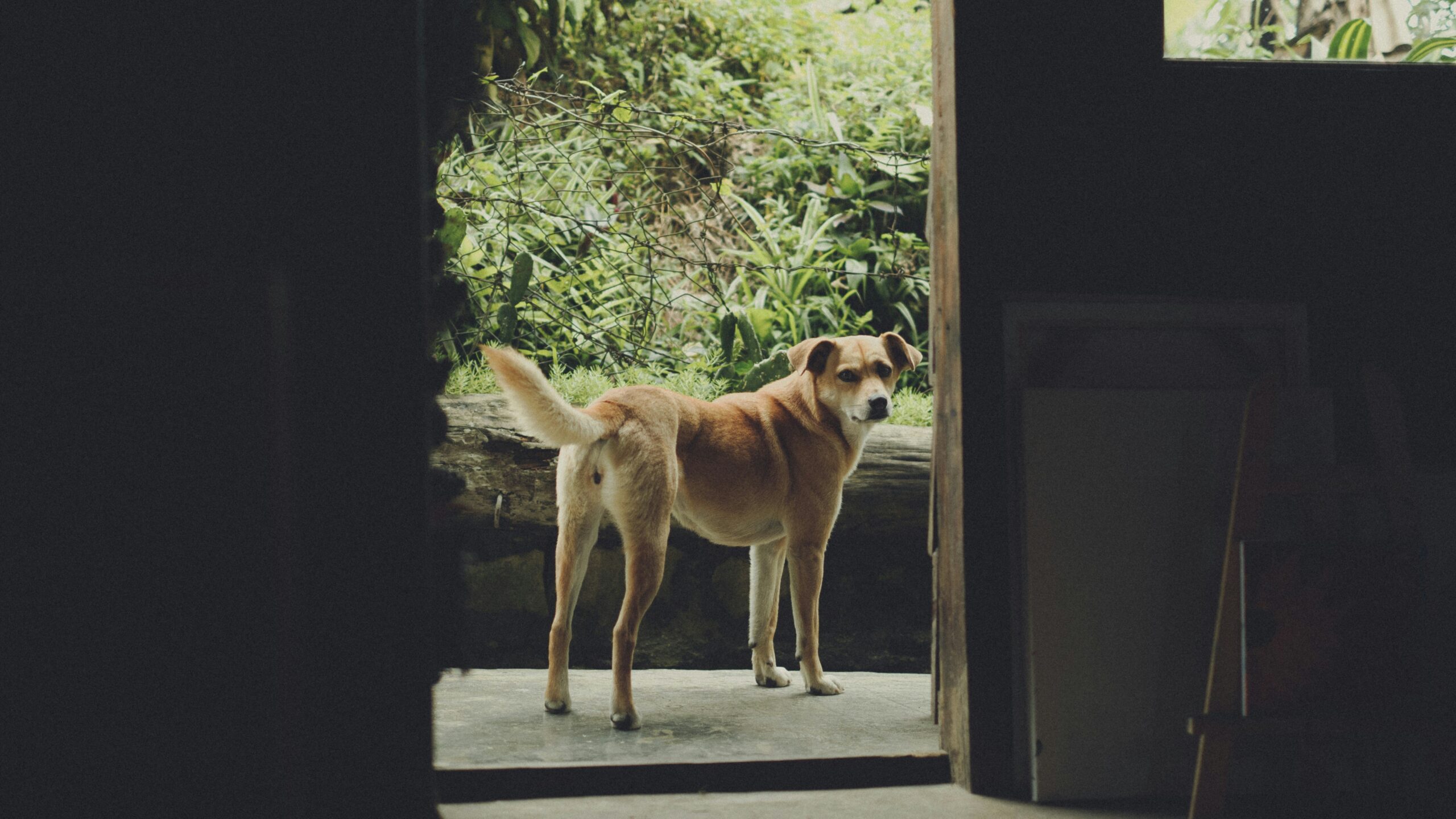
FAQs About Guide Dog Retirement Plans
Q: When should I start planning for my guide dog’s retirement?
A: Around age 7–9, depending on breed and individual health factors.
Q: What expenses should I budget for?
A: Vet bills, specialized food, mobility aids (like ramps), and possibly professional therapy services.
Q: Can retired guide dogs still perform tasks?
A: They shouldn’t be relied upon for critical tasks, but light assistance might remain possible under supervision.
Conclusion
Planning your guide dog’s retirement is as vital as training was in their youth. By prioritizing their comfort, health, and happiness, you ensure they enjoy their twilight years to the fullest.
Remember, a well-thought-out guide dog retirement plan doesn’t just benefit your pup—it strengthens your bond too.
Like a Tamagotchi, your guide dog deserves daily care, love, and attention—even in retirement.
*Chef’s kiss.*
